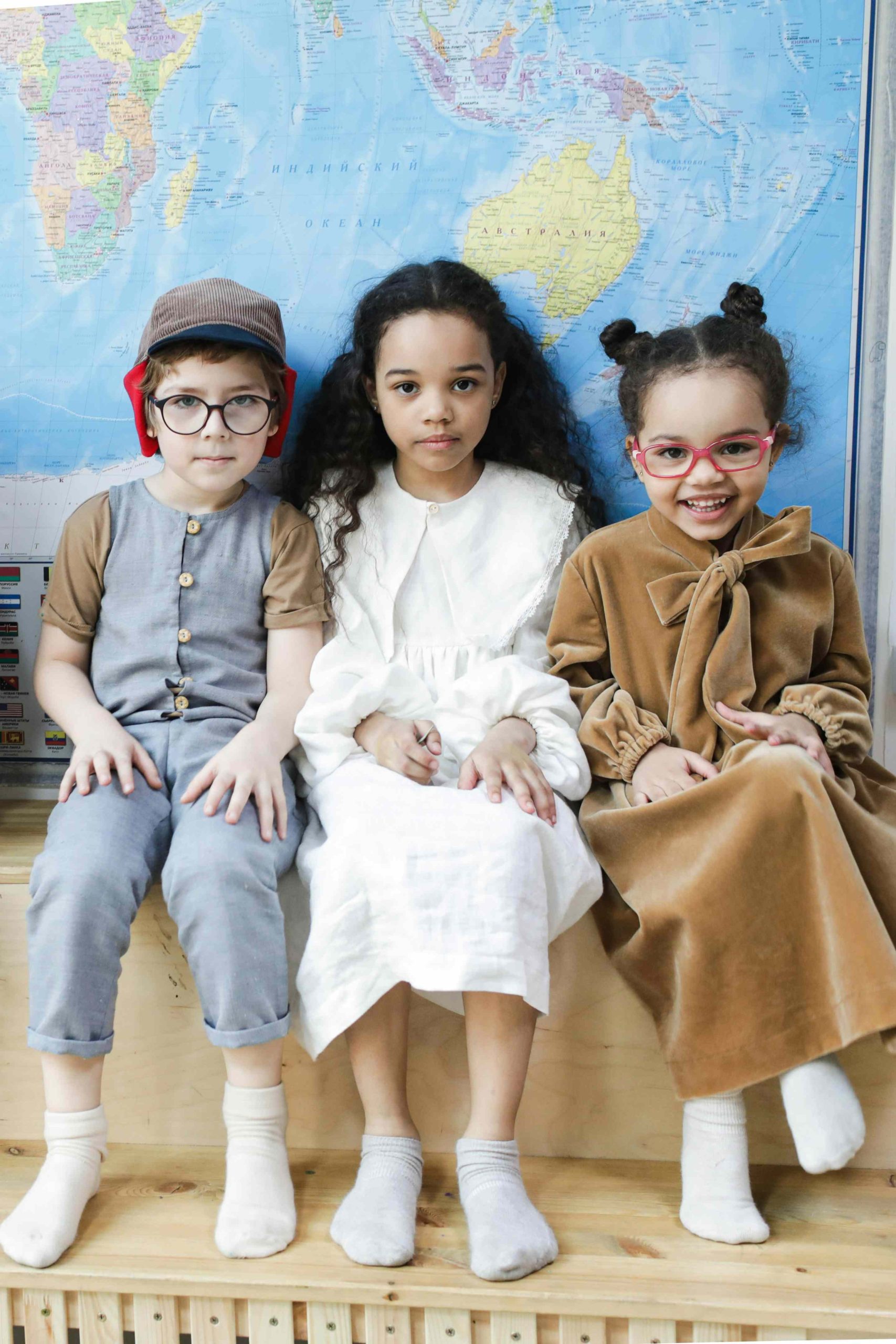
Why Exhibiting Empathy is Essential in Preschool Programs
Importance of Empathy in Early Development
As parents, fostering kindness and empathy in our preschoolers is a priority. Quality preschool programs play a vital role in nurturing these qualities alongside academic skills.
Early Exposure to Diversity
High-quality preschool programs introduce children to peers from diverse backgrounds, fostering empathy and respect for differences.
Enhanced Emotional Regulation
Preschoolers learn to manage emotions effectively, enabling them to empathize with others’ feelings and respond compassionately.
Positive Role-Modeling
Exposure to empathetic role models in preschool, including teachers and peers, encourages children to emulate caring behaviors.
Increased Perspective-Taking Abilities
Guided activities help preschoolers understand others’ perspectives, enhancing their empathetic responses.
Improved Communication Skills
Effective communication is taught, aiding preschoolers in expressing themselves and understanding others’ needs and feelings.
Increased Self-Awareness
Preschoolers develop self-awareness, recognizing emotions and understanding their impact on others, fostering empathy.
Improved Problem-Solving Skills
Preschool programs teach problem-solving, enabling children to address others’ needs empathetically.
Increased Respect for Diversity
Teaching respect for diversity helps preschoolers appreciate differences, fostering empathy towards others.
Increased Sensitivity to Others’ Needs
Guided activities enhance preschoolers’ sensitivity to others’ needs, promoting empathetic responses.
Increased Empathy Towards Animals
Preschool programs teach empathy towards animals, reinforcing compassionate behaviors towards all living beings.
Improved Conflict Resolution Skills
Children learn constructive conflict resolution, facilitating empathetic responses to others’ feelings.
Increased Awareness of Social Justice
Preschoolers are educated on social justice, promoting fairness and equality and fostering empathetic attitudes.
Conclusion
Quality preschool programs not only prepare children academically but also instill crucial social and emotional skills, including empathy, setting the foundation for compassionate, empathetic adults.


